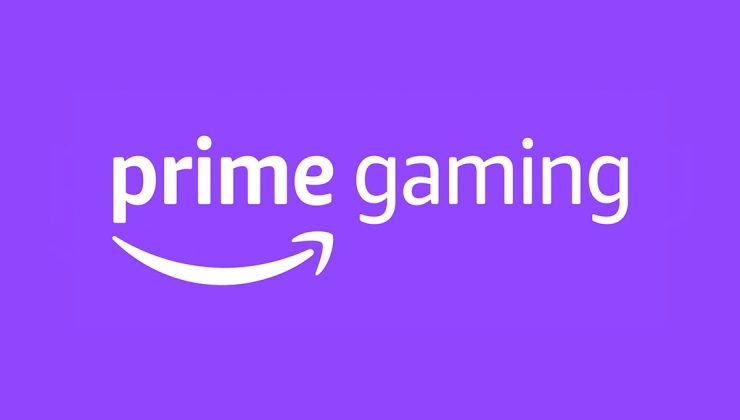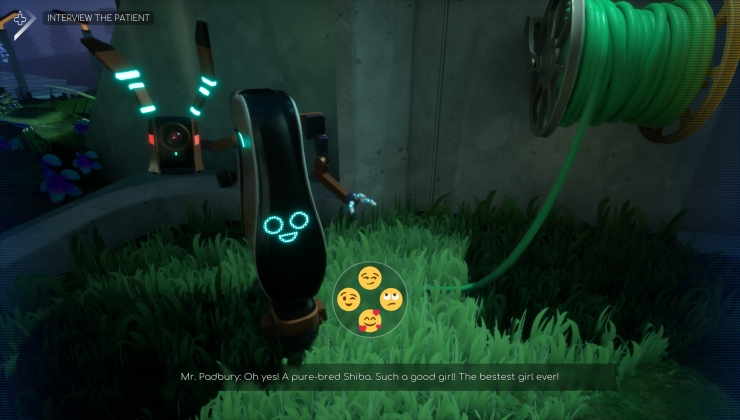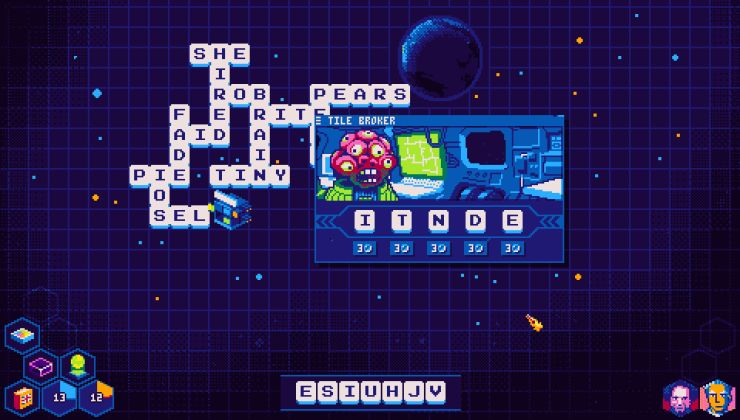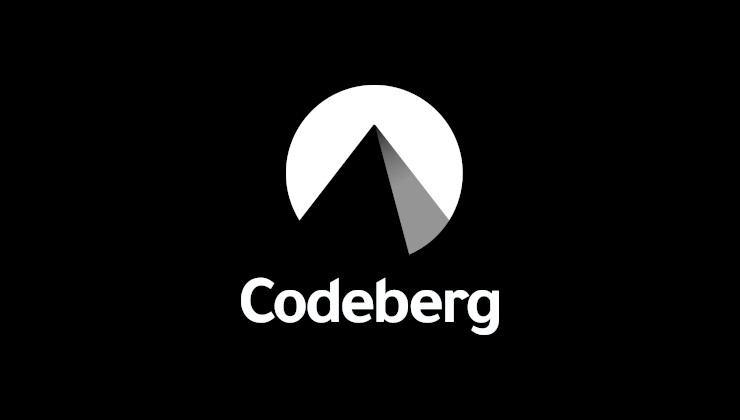Hello fellow penguin enthusiasts. I spent the last weekend in Brussels, Belgium attending the FOSDEM conference -- a free event focused on free open-source software, and a place where free-software developers can meet, share idea and collaborate. There was no shortage of Linux-related content, and it was really exciting to meet and listen to people working on software that you directly or indirectly rely on every day.
Gaming was not the main focus, but there were several talks that I thought you may find interesting. I selected 4 talks that I wanted to highlight. The first two are more high-level focused on gaming directly, while the last 2 are more technical dealing with the Linux graphics stack in general.
Hope you find these interesting. And checkout FOSDEM and many other talks they had.
Godot Engine
Juan Linietsky, the main author and development lead of Godot Engine, talked about Godot and how they created a third person shooter demo using tools like Blender, Gimp, Krita and of course Godot Engine. He gave the presentation and ran the demo on a Linux machine. Source
0 A.D., a libre real-time strategy game
Nicolas Auvray, the project leader of 0 A.D., talked about the features of the game itself, and integration of the modding service https://mod.io/ into the game. Source
Virgil 3D GPU
Elie Tournier talked about the Virgil 3D GPU project, a virtual GPU implementation for QEMU. He showed a demo of the Heaven benchmark running pretty smoothly. The project still has a long way to go. It currently lacks support for Vulkan, Windows guests, and Direct3D, so it is limited in usefulness for a Linux gamer wanting to run games in the virtual machine. But quite impressive nonetheless. Source
Mesa memory usage
Ian Romanick, a software developer for Intel's open-source OpenGL driver, and Intel’s representative to the Khronos Board, talked about the nitty-gritty details of inner workings of Mesa, and how they managed to substantially reduce the memory usage of shaders. It is basically a talk about optimization, and how he approached the problem. Source
While I guess that is true, I'd like to note that when you're using one it doesn't look like that. My wife has one. It looks like a minimal desktop, with wallpaper, a taskbar at the bottom and some of what look like applications on it (all of which happen to run on the browser--browser, mail, docs etc) and a couple of other options including searching for and adding in more apps. If Google wanted, they could add real applications and users wouldn't know the difference.I don't know much about ChromeOS, but isn't it more like Android than a traditional GNU/Linux distribution?Sort of. It is a minimal Linux system that boots directly into a modified Chrome browser.
Last edited by Purple Library Guy on 12 Feb 2019 at 9:17 pm UTC
I'm happy to be able to tell you, yes it will. Buy something and play it on Proton and it shows as a Linux sale. Valve has been quite explicit about this.Unfortunately, working on Proton is not a guarantee. Even if it works today, there is no guarantee that it will work tomorrow. Easy Anti Cheat has proven this situation. Also, any type of DRM like Denuvo is likely to give problems and also be a source of the bad situation of "works today, not tomorrow."
And unless it is on the whitelist from valve, Steam will not likely refund your money if you are outside the 2 weeks from purchase window, or over the 2 hours of gameplay when Proton no longer works for a game.
Also, even though proton sales count as linux, it is much more likely that a developer will see those sales as more money from no effort on their part, than it will to get them to support a different environment entirely.
Edit:typo
Last edited by stretch611 on 12 Feb 2019 at 11:06 pm UTC
I commented particularly on 0 A.D., which is open source. So they don't earn anything from supporting macOS as far as I know. And yet, people will go great lengths to make their software work on macOS, even when it's holding other platforms back.
From what I know, some of their contributors are on macOS, and it's historically (pun not intended) been a platform they've had a noticeable user base from.






 How to set, change and reset your SteamOS / Steam Deck desktop sudo password
How to set, change and reset your SteamOS / Steam Deck desktop sudo password How to set up Decky Loader on Steam Deck / SteamOS for easy plugins
How to set up Decky Loader on Steam Deck / SteamOS for easy plugins
See more from me